Humans
-
 Health & Medicine
Health & MedicineAre fidget spinners tools or toys?
Fidget spinners are all the rage. Therapists say toys such as these can help some kids calm down and pay attention.
-
 Environment
EnvironmentTiny air pollutants inflame airways and harm heart
New studies show how tiny bits of air pollution, called particulate matter, can lead to health problems ranging from chronic runny noses to heart disease.
-
 Tech
TechNeedle-free blood typing may be on the way
A teen in Kuwait presents data suggesting how, one day, it may be possible to figure out your blood type just by shining infrared light into your skin.
By Sid Perkins -
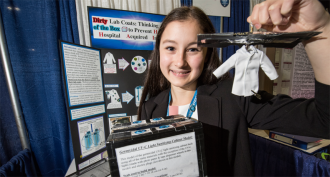 Health & Medicine
Health & MedicineA light-filled box could blast bacteria from lab coats
Doctors can pick up bacteria on their lab coats. A teen has designed a special light-filled box to keep those coats from infecting others with those germs.
-
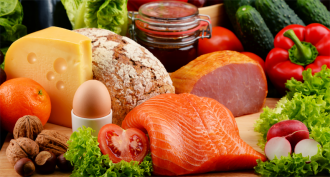 Chemistry
ChemistryCool Jobs: Counting calories
Do calories count? A nutrition label doesn’t tell the whole story. Meet three researchers working to shed light on the complex connections between food and health.
-
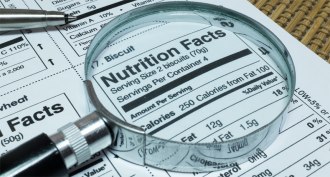 Health & Medicine
Health & MedicineExplainer: All about the calorie
Calories are a measure of how much energy is in a food. But when it comes to powering our bodies, not all calories are equally available to the body.
-
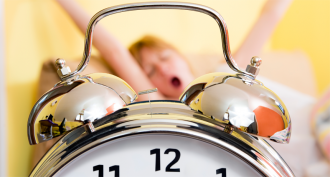 Brain
BrainAnalyze This: Sleep patterns vary widely across the world
Data on four very different groups of people show that sleep patterns vary based on the local environment, the culture and daily schedules.
-
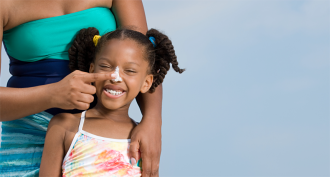 Health & Medicine
Health & MedicineThis mix turns pink when sunscreen wears thin
Many people know to put on sunscreen. Remembering to put more on is harder. A teen invented an indicator that glows pink when it’s time to reapply.
-
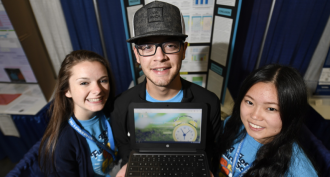 Health & Medicine
Health & MedicineTeens take on science in the age of smartphones
With nearly every teen using a smartphone, it’s no surprise teen scientists are studying them. Two teams do science with smartphones, one on procrastination, the other on self-esteem.
-
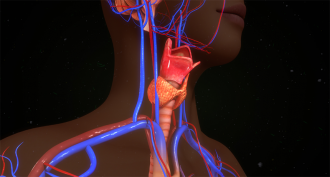 Environment
EnvironmentSome food-packaging pollutants mess with the thyroid
Chemical pollutants may hurt the ability of the thyroid gland to make an important hormone. Teens may be most at risk.
-
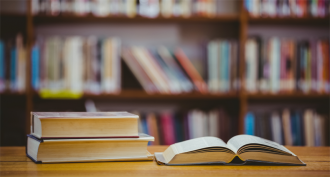 Health & Medicine
Health & MedicineLibrary books could come with a side of germs
People transfer microbes to most of the things we touch. Does that extend to our library books? A teen did an experiment to find out.
-
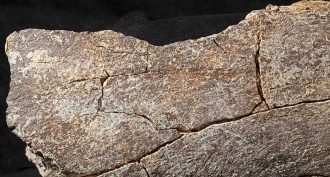 Archaeology
ArchaeologyAmerica’s first settlers may have arrived 130,000 years ago
An archaeological site where mastodon remains were found suggests that the first Americans may have arrived unexpectedly early.
By Bruce Bower